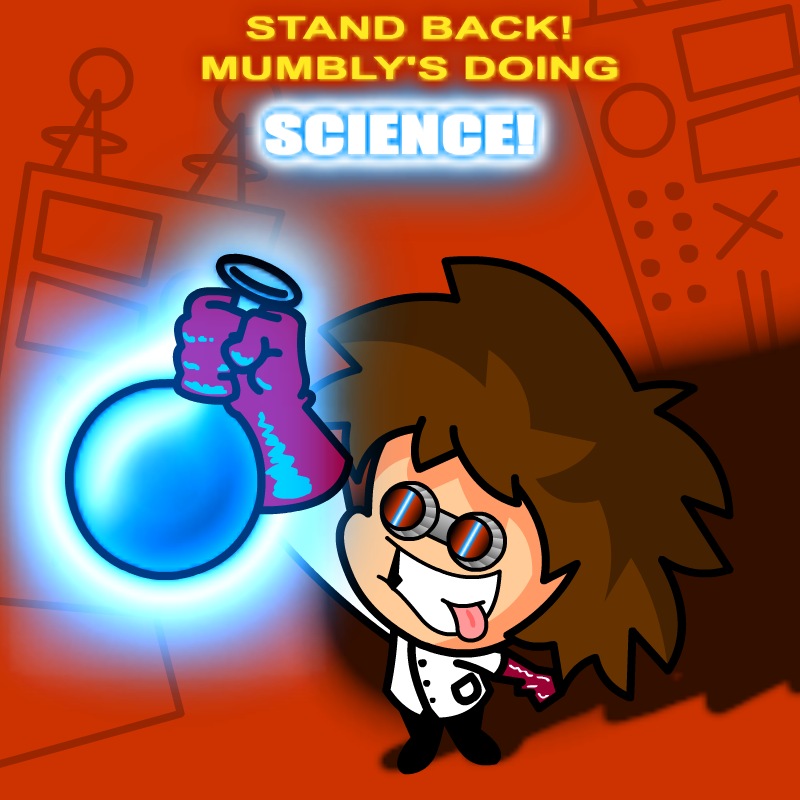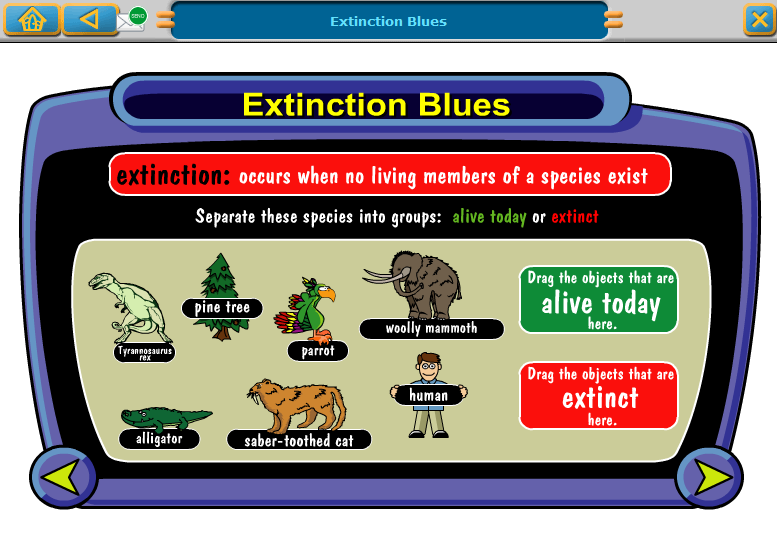
DEBUNKING TRADITIONAL WAYS OF TEACHING
SCIENCE
By: YOLANDA
W. LONGAN
Albert Einstein once said, “Science
is a wonderful thing, if one doesn’t have to earn one’s living at it.”
Apparently, Einstein was correct
in saying this. Science could be a wonderful experience if one is not looking
at it only as a means of bread and butter. In the academe, a lot of teachers
teach science because they have no choice since they get paid to do it. They
are forced to teach it. And they will teach it in how ever way they want to
teach it. A lot would just treat this subject matter merely as a means of
getting information transmitted to the learners. In doing so, there is a wide
gap between knowledge and application. Pupils are taught the concepts and
facts. They are asked to memorize not analyze, synthesize and apply. Science is
diminished then to rote memory.
Many teachers would regard
science difficult to teach. Yes, I agree to this. It is indeed difficult to
teach science. And I found the reason why. It is because of lack of passion. I
have noticed the waning flame to teach for some teachers. Maybe the love for
the subject is either not there, right from the start or already weakening. And
so these teachers would just go to their classroom and rant about the lesson
for the day without careful preparation. Consequentially, learners would catch
the same lack of interest. And so, they do not find meaning in the lesson. They
are disinterested. The result is devastating because not only are our students
disinterested on the subject but they have also developed a strong aversion to
it. What is worst? They shrug- off any activity involving logical reasoning or
analysis. Our students have learned to
loathe any activity that would require thinking. They detest analysis. They
detest problem- solving. They detest computation. In fact, I often hear some
pupils uttering this phrase, “Ayoko yan! Nakakadugo ng utak.”
This aversion toward science is
actually the result of ineffective teaching strategies by some teachers. The
effect of such teachers’ ineffectiveness is so great that it affects not only
pupils’ academic performance but more so their attitude toward the subject
itself. This attitude would go on up to high school years or even college
years. And such would already be too hard to repair.
Again, this dilemma would have
its roots from the classroom because let’s face it, whatever happens in the
classroom plays a big role in the students’ future. And so, with this dilemma,
there is a need to re-evaluate the teaching and learning experience inside the
classroom, especially with the way teachers teach science. Debunking the old
school of thought of teaching science is essential. When I say “debunk,” I mean
to set some things straight. We need to straighten up the traditional modes of
teaching. Now, do not get me wrong here. There is nothing wrong with time-
tested means of teaching like drill and lecture. We just need to limit them or
package them anew and customize them to the level of our students.
 No longer are students confined
with memorization and drills. Students, nowadays, have evolved into diversified
learners, with unique learning styles. They would find meaning in their lessons
when their interests are tapped. Bringing science to them would mean they have
to have hands-on experiences, real- life situations, and contextualized
scenarios. Students learn by doing and so, teachers need to provide more
opportunities for them to have meaningful experiences in science through
various experimentations, field- trips and the like. Teachers face the
challenge of preparing differentiated learning experiences to cater to the
individual needs of their students. I personally face and take on the challenge
to vary my teaching strategies. I have learned to integrate multi- media
presentations in my lesson. I do my research. And the Internet is a wide source
of information for a lot of learning resources that could be utilized for the
students. I prepare handouts and I
cultivate applied science or science being put into action through little
experimentations in class. After all, we learn best by doing.
No longer are students confined
with memorization and drills. Students, nowadays, have evolved into diversified
learners, with unique learning styles. They would find meaning in their lessons
when their interests are tapped. Bringing science to them would mean they have
to have hands-on experiences, real- life situations, and contextualized
scenarios. Students learn by doing and so, teachers need to provide more
opportunities for them to have meaningful experiences in science through
various experimentations, field- trips and the like. Teachers face the
challenge of preparing differentiated learning experiences to cater to the
individual needs of their students. I personally face and take on the challenge
to vary my teaching strategies. I have learned to integrate multi- media
presentations in my lesson. I do my research. And the Internet is a wide source
of information for a lot of learning resources that could be utilized for the
students. I prepare handouts and I
cultivate applied science or science being put into action through little
experimentations in class. After all, we learn best by doing.
And so debunking traditional
modes of teaching science is quite easy. What is needed is only a heart to do
it. First, have a heart for change. Second, have a heart for learning. Then
third, have a heart for your students. Having these in mind, you would surely
make every day of your class worth it for the students. And your students would
find every reason to love science.
About the Author
Yolanda Longan is a teacher- contributor from Bulanao Central School, Bulanao, Tabuk, Kalinga. She teaches Science to Grade IV pupils.
No comments:
Post a Comment